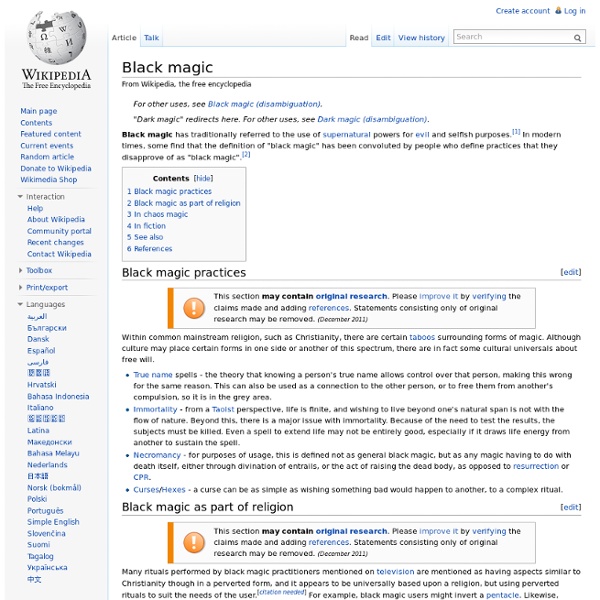Black magic

Helm of Awe
Welcome | A Sense of Serenity
9f6875293c9c589abd893aa848fecefa
keep-calm-and-practice-wicca-1
Witchcraft, Wiccan and Pagan Index | Celtic Connection
Wicca
Un article de Wikipédia, l'encyclopédie libre. Le pentacle, un des principaux symboles des wiccans. La Wicca est un mouvement religieux basé sur l'« Ancienne Religion » définie par Gerald Gardner et incluant des éléments de croyances telles que le chamanisme, le druidisme, et les mythologies gréco-romaine, slave, celtique et nordique. Ses adeptes, les wiccans, prônent un culte envers la nature, et s'adonnent à la magie. La Wicca est un culte à mystères. Sens du terme[modifier | modifier le code] Pour Gardner, wicca avait à l’origine le sens d’« art des sages ». Histoire[modifier | modifier le code] Origines[modifier | modifier le code] La Wicca s'inscrit dans la mouvance européenne du néopaganisme de la première moitié du XXe siècle. Évolution du mouvement[modifier | modifier le code] D'abord confinée à un cercle restreint, la Wicca s'est progressivement développée dans les pays anglo-saxons où elle constitue la principale forme de néopaganisme. Le divin[modifier | modifier le code] En anglais
Related:
Related:



